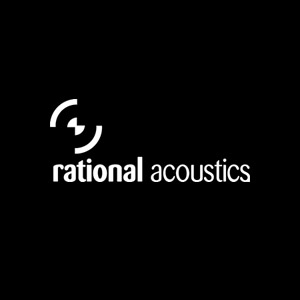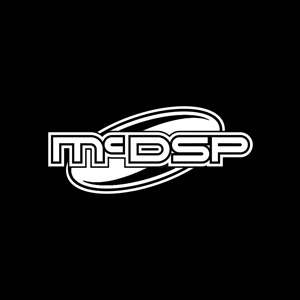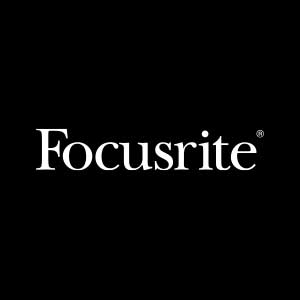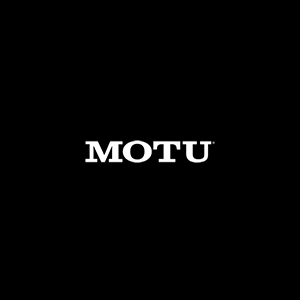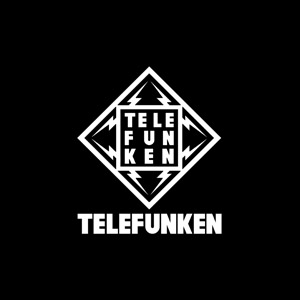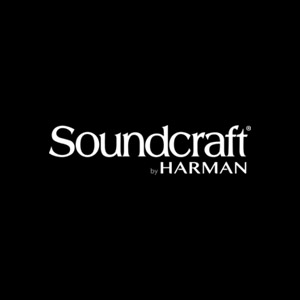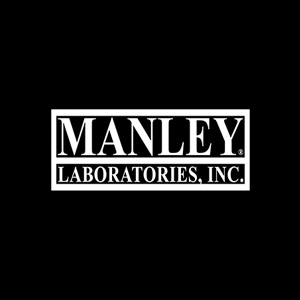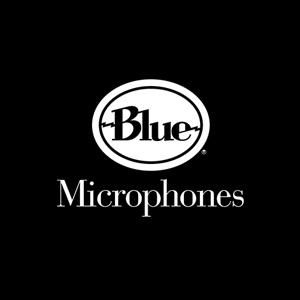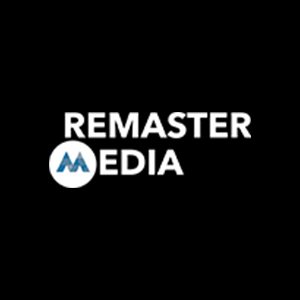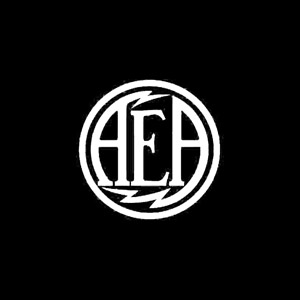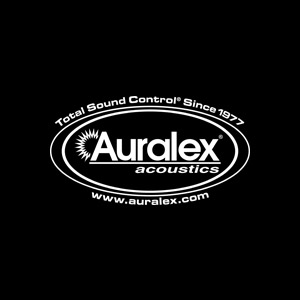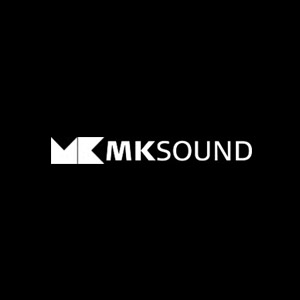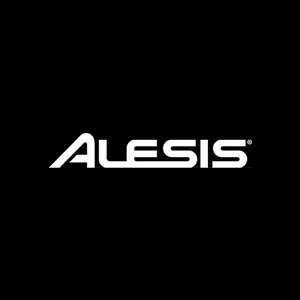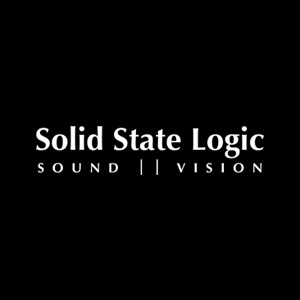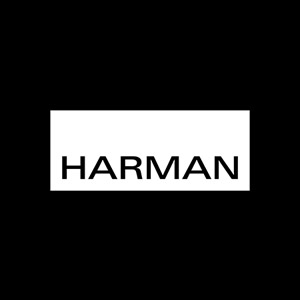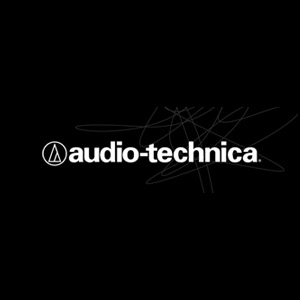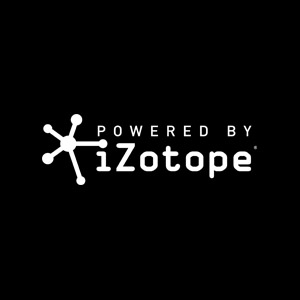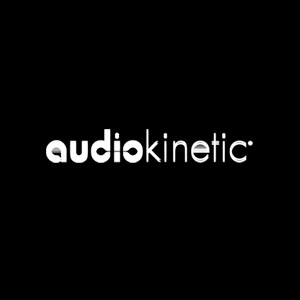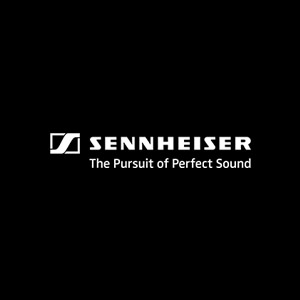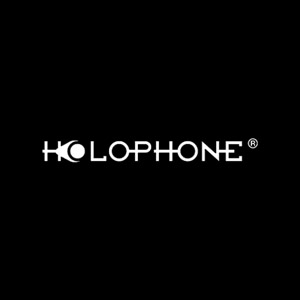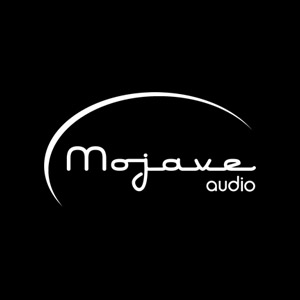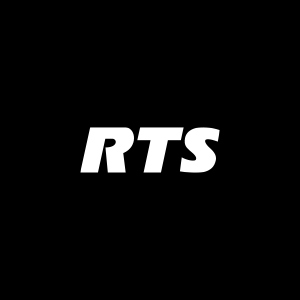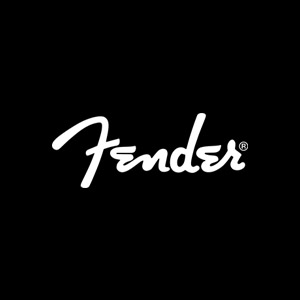The Conservatory of Recording Arts & Sciences (CRAS; www.cras.edu), the premier institution for audio engineering education, recently hosted Meyer Sound and renowned live sound engineer Buford Jones for a clinic for the school’s students at its Gilbert, Arizona campus.
“Depending on the experience of the engineer, the main advantage of these clinics is confidence,” explained Jones, Meyer Sound’s senior live audio and education specialist. “We all do things differently but there are still many commonalities to our approaches. Knowing how other experienced engineers were successful is very beneficial to beginning engineers and veterans alike.”
Jones added that he had visited CRAS on a prior occasion, and was looking forward to coming back for these clinics. “The facility is very well equipped, the staff I’ve met are experienced and knowledgeable, and it is a great place for young engineers to learn their craft.”
For more than 35 years, Jones rode the wave as the touring sound industry grew from home-brewed loudspeakers and consoles to the huge, manufactured systems that fill stadiums today. Jones’s career in sound reinforcement was established during his nine-year tenure at Showco, Inc. In 2001, Jones joined Meyer Sound and contributes to the company in a variety of ways, including advising on product development, bringing the company’s products to the attention of today’s touring engineers, and teaching the next generation of sound reinforcement engineers.
“Having Buford and the Meyer Sound team here for one-on-one training and mentoring is invaluable for our students who are looking to make their careers in live sound reinforcement,” said Kirt Hamm, CRAS administrator. “The product and real-world understanding of life on the road touring in both small and large venues that Buford passes on to the next generation is truly eye-opening. Add to that the top-tier Meyer Sound product that he presented, and our students walked away from this clinic with knowledge most others never receive until they get on the road and experience it all themselves. It is a great head start, to say the very least.”
Jones and additional Meyer Sound personnel, including education programs manager Gavin Canaan, featured Meyer’s new LEOPARD linear sound reinforcement system during the mix clinic on April 2 in CRAS’ live sound training event room. A truly multipurpose system, LEOPARD is ideally suited to everything from mid-sized touring and live theatre to worship and live performance installations, and from symphony music to heavy metal, making it the perfect system to train the next generation of live sound engineers on.
“LEOPARD is Meyer Sound’s latest addition to its LEO Family of line array products, and it is generating huge excitement as it is very light weight and is an extremely powerful linear system,” Jones added. “This is an impressive tool for students to be exposed to and learn about line array systems.”
The Conservatory of Recording Arts & Sciences is composed of two nearby campuses in Gilbert and Tempe, Arizona. A CRAS education includes live sound, broadcast audio, film and TV audio, music, and video game audio, all taught by award-winning instructors who have all excelled in their individual fields, including sound reinforcement, audio recording and production, digital recording, troubleshooting/maintenance, and music business.
“In the past, it seems we were so busy traveling we couldn’t take the time to attend seminars and schools, such as CRAS,” Jones concluded. “There are much better opportunities now for the students to learn the equipment and concepts to apply to the work before they are sent on the road touring with an artist. Education is vital, and experience is priceless. When we can mix and listen ourselves, the retention of the concepts last much longer.”
CRAS structured programs and highly qualified teaching staff provide a professional and supportive atmosphere, which is complemented by its small class sizes allowing for individual instruction and assistance for students in engineering audio recordings. The 11-month program is designed to allow every student access to learn and train in all of the Conservatory’s studios which are comprised with state-of-the-art audio recording and mixing gear, the same equipment used in today’s finest studios and remote broadcast facilities, including Pro Tools 11, API Legacy consoles, SSL AWS consoles, Studer Vista consoles, and much more. All students must complete a 280-hour industry internship to graduate from the Master Recording Program II that may ultimately lead to industry employment. Recently, two CRAS graduates won 2016 Grammy Awards, and, in addition, 13 graduates received credit for their work on 17 Grammy-winning categories. Overall, 38 CRAS graduates worked on numerous 2016 Grammy-nominated albums and songs across 36 categories.
